Article: The V10 Era...Why it's the greatest era of F1 racing
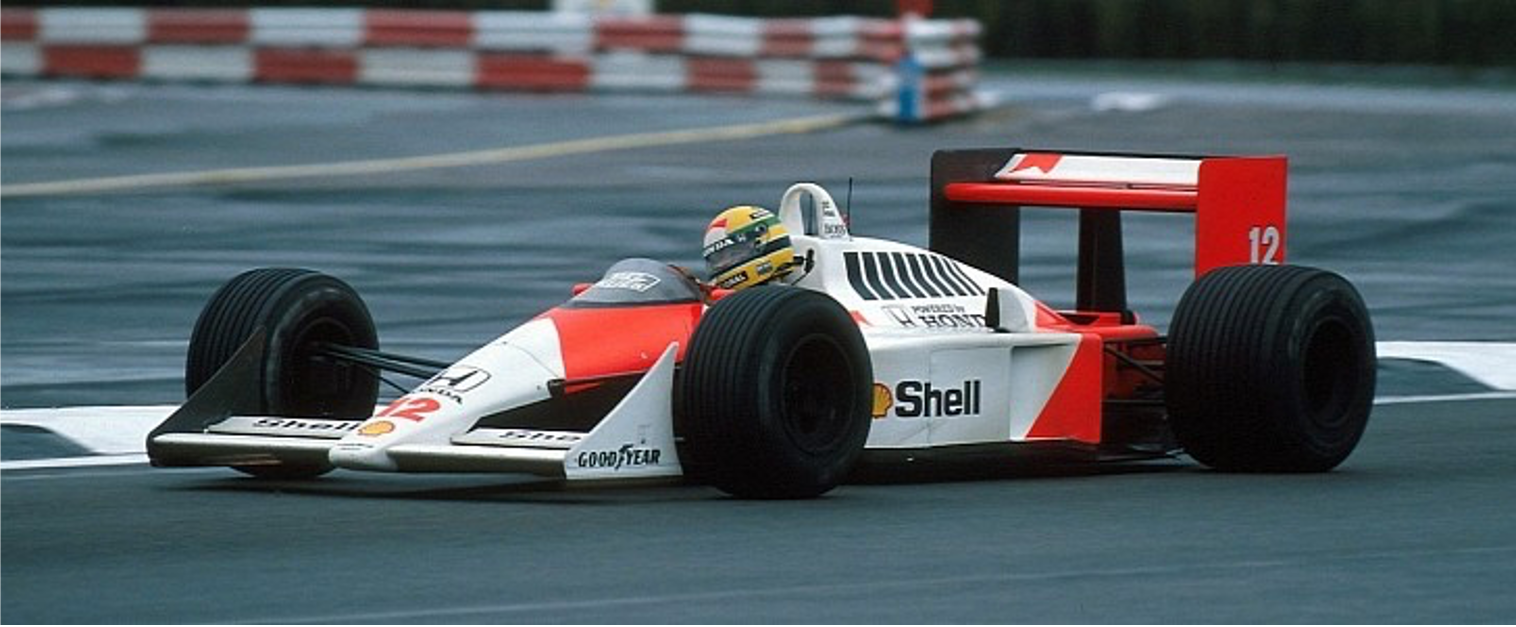
The V10 Era...Why it's the greatest era of F1 racing
If you are enthusiasts of motorsport racing, specifically Formula 1 then you may find yourself a bit underwhelmed by today's modern car. Now don't get us wrong, technically speaking the cars of today are as impressive as ever. However, the sport lacks real competition week in and week out, unless your watching the mid-field (which is hardly shown on the live feed). We miss the days where the lead cars were within a few seconds of each other, teammates weren't given orders, and the cars were a bit more analog. For us the V10 era, roughly spanning from the mid-1980s to the mid-2000s was [it], and count us biad, but we believe should be regarded as one of the most exciting periods in Formula 1 history.
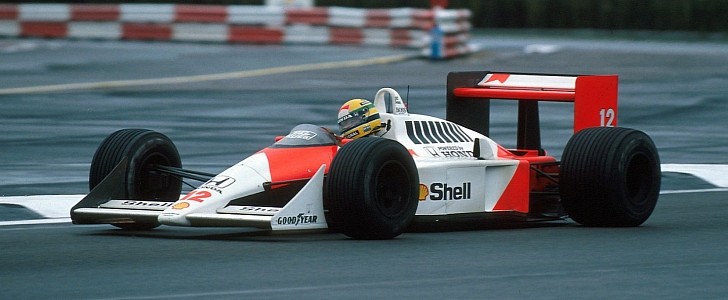
copyright autoevolution.com
The high-revving nature of the V10 engines, often reaching up to 19,000 RPM, produced a distinct, exhilarating [albeit screaming] sound that became synonymous with the sport's excitement. Sound aside, the V10 engines were incredibly powerful, with outputs often exceeding 900 horsepower. This power, combined with the relatively lightweight cars of the era, resulted in blistering speeds and extremely quick lap times.

copyright autosport.com
From a technical and developmental side, the 10 cylinder era was marked by significant technological advancements, including innovations in aerodynamics, materials, and electronics. This resulted in teams constantly pushed the technical boundaries resulting in diverse and creative engineering solutions. The cars of this era lacked many of the modern driver aids like traction control (for much of the era), leaving the drivers to manage the power and grip.

copyright rossoautomobili.com
Unlike some of the more recent periods in F1 history, the V10 era featured multiple teams capable of winning races and championships. Teams like Ferrari, McLaren, Williams, Renault, and others had periods of dominance, leading to varied and unpredictable seasons. Not to mention some of the most iconic race liveries of all time. As you recall in recent years, the sport has been largely dominated by Mercedes and Red Bull. And must we remind you, we love us some Lewis Hamilton and Max Verstappen, but the sport desperately needs some more competition up front.
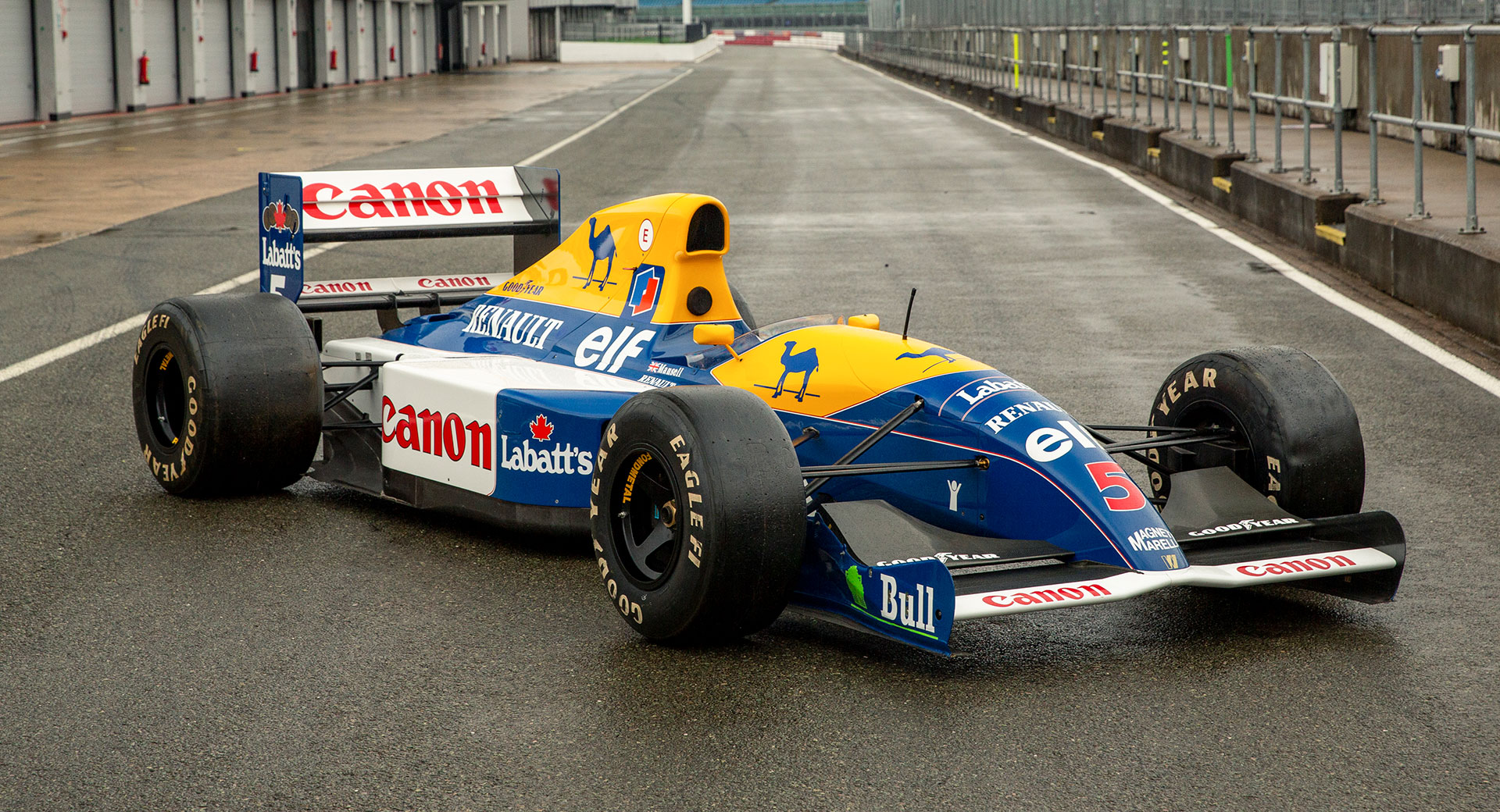
copyright carscoops.com
The era saw some of the greatest drivers in the sport's history, including Michael Schumacher, Ayrton Senna, Alain Prost, Mika Häkkinen, and Fernando Alonso. These will forever be some of the most exciting on-track battles of the modern era.
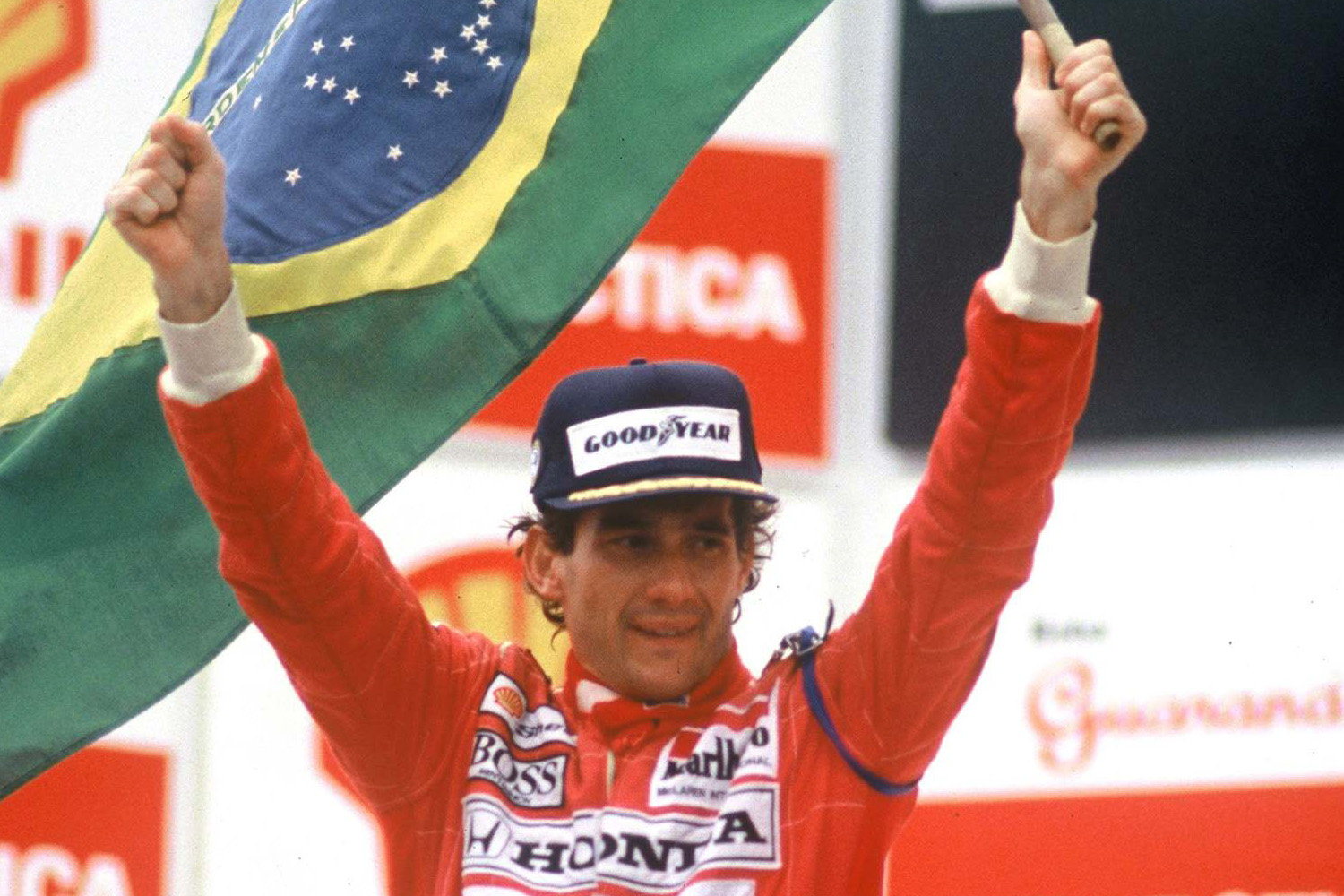
copyright racingonline.com.br
Despite the lack of Netflix and Drive to Survive, the V10 era coincided with increased global media coverage and fan engagement, making the sport more accessible to a worldwide audience. Fans across the globe were finally able to get access to one of [if not] the most exciting sports on the planet. The thrilling nature of the racing, combined with the charismatic personalities of the drivers, helped attract a dedicated fanbase. We would have loved to have had access to the live tracking, phone apps, and Netflix series back in the V10 era hay day...oh what we would have seen in Senna or Schumacher's pit box.
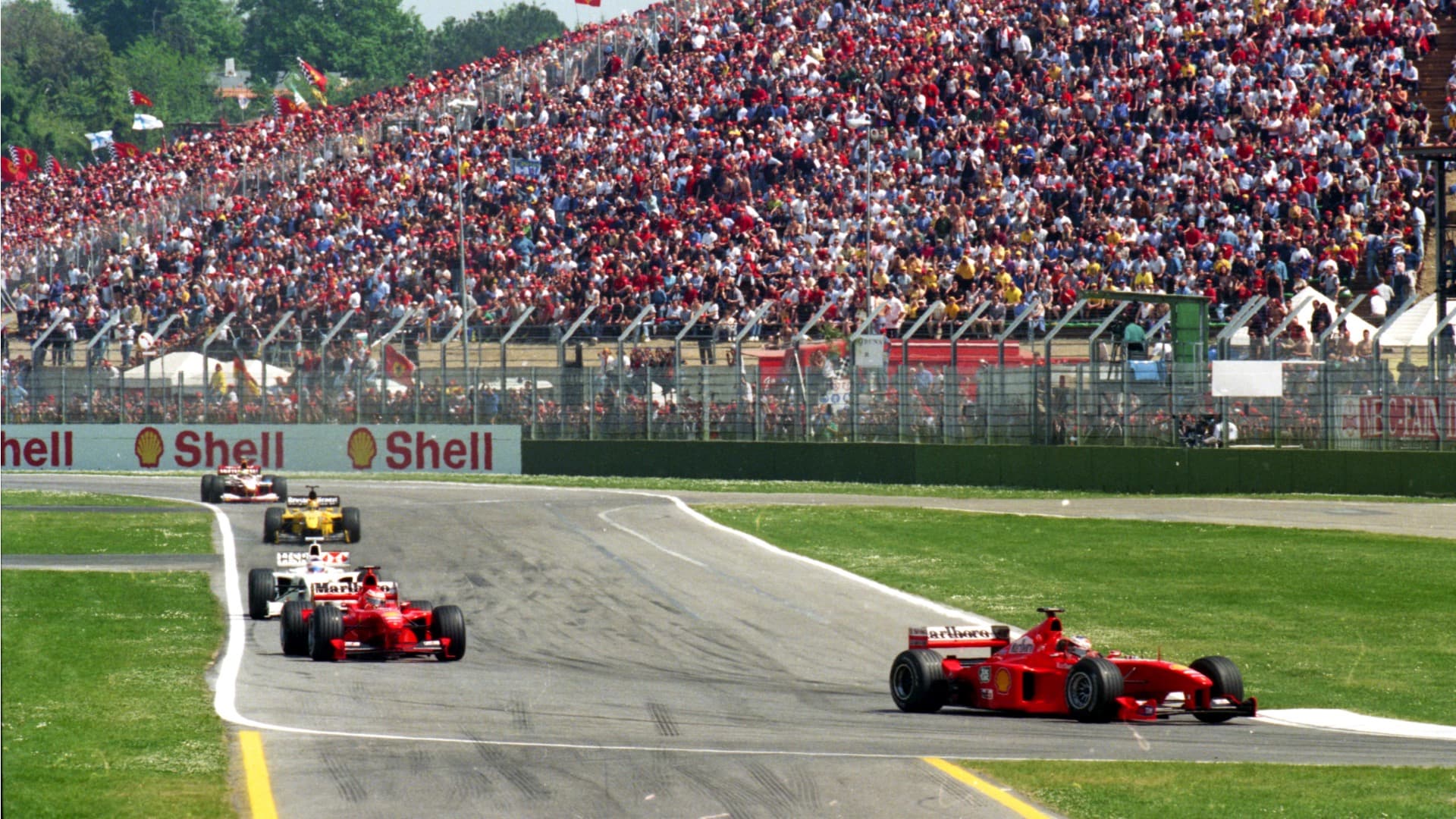
copyright motorvalley.it
Overall, the combination of powerful and distinctive engines, technological innovation, competitive racing, legendary drivers, and memorable moments made the V10 era a standout period in Formula 1 history. It's remembered not only for its on-track excitement but also for the unique atmosphere and cultural impact it had on the sport. And we miss it.

